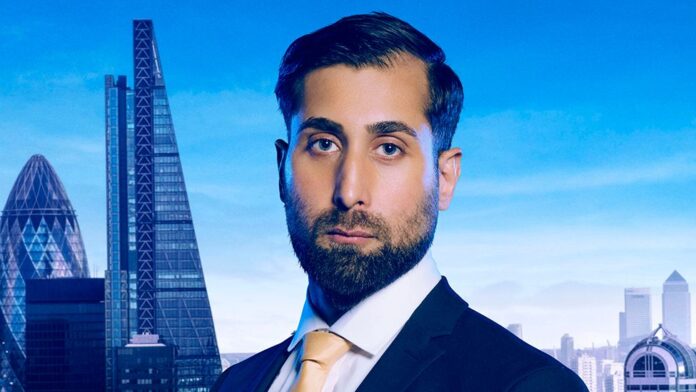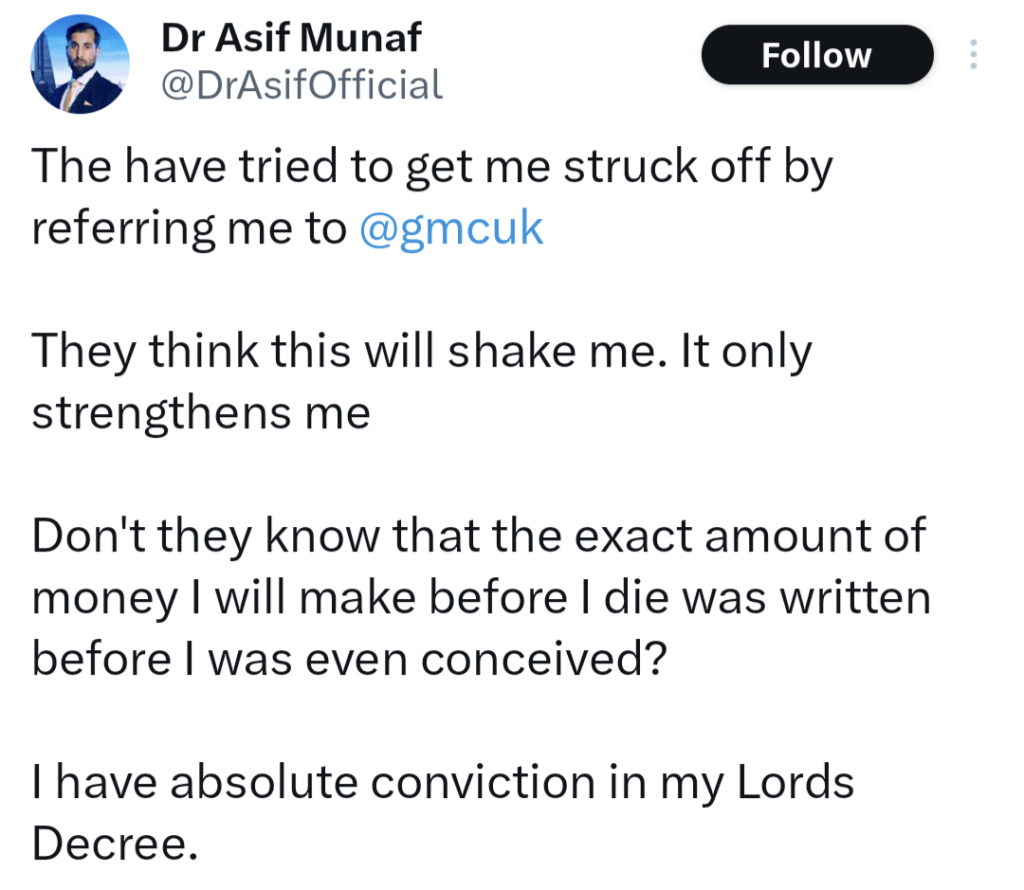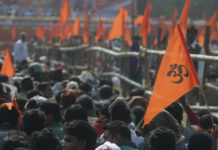BBC Apprentice candidate Dr Asif Munaf is remaining steadfast in his Islamic ethics and his anti-Zionist politics despite facing a mainstream media onslaught over his anti-Israel social media content.
Dr Munaf, who was edited out of The Apprentice spin-off show last night, has been a consistent critic of Zionism and Israel for many years but his social media content has been amplified since the October 7 attacks and the subsequent Israeli genocide.
The 34 year old from Sheffield says a complaint has now been lodged with the General Medical Council in an attempt to get him struck off as a doctor.
He has also been accused of antisemitism by the pro-Israel Board of Deputies of British Jews.
5Pillars has seen no evidence of any antisemitism in Dr Munaf’s social media content and he calls the allegations “slanderous.”
Yet despite the complaints against him and several media articles targeting him, Dr Munaf has doubled-down on his Islamic ethics and anti-Zionist politics.
Yesterday, he posted a series of messages on X in response to the BBC’s decision, saying he would “always keep speaking the truth, especially in the midst of genocide.”
Subscribe to our newsletter and stay updated on the latest news and updates from around the Muslim world!
He also referred to the “Zionist lobby,” which he said had “pressured the broadcaster and they relented.”
And he described Zionism as “fascism on steroids,” “a commercial enterprise based on apartheid” and “a cancer.”
Below are a selection of his recent tweets:
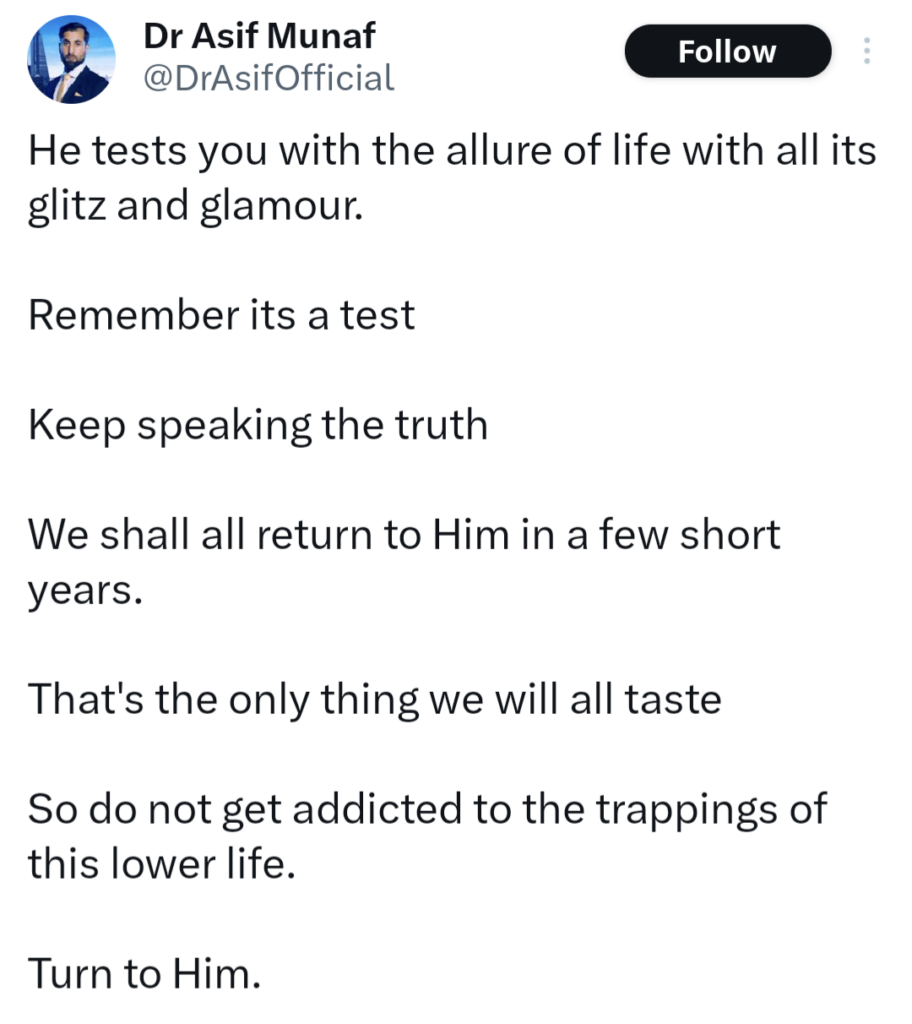
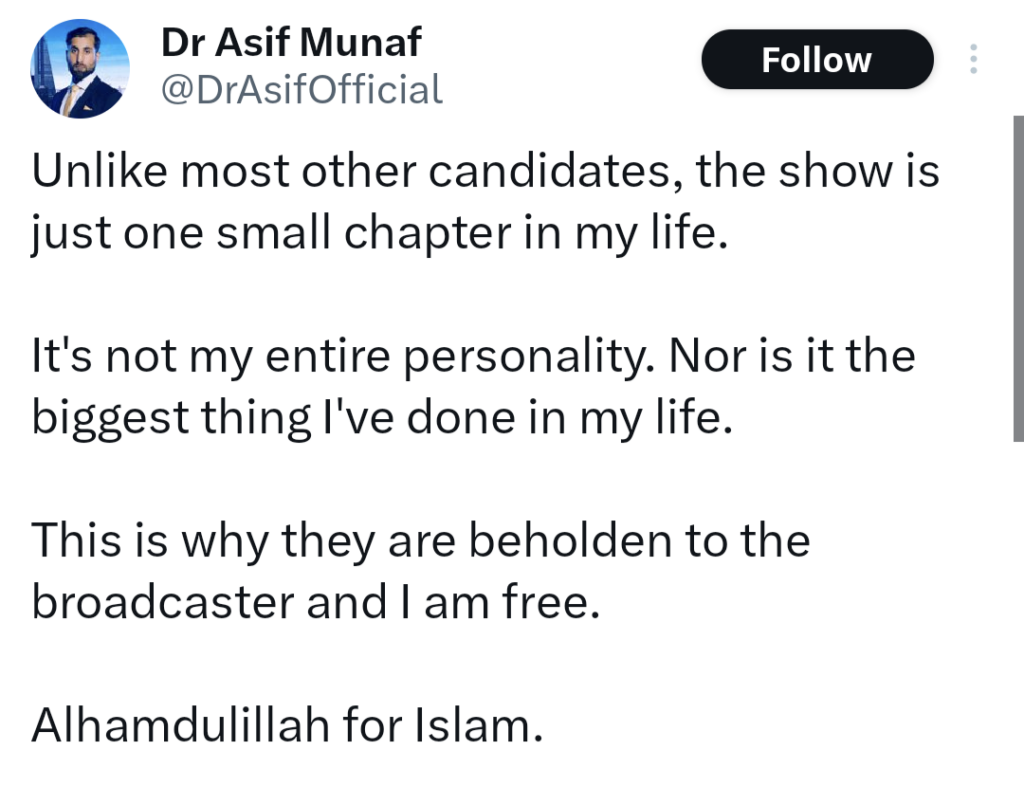 In late January, shortly before the latest series of the TV contest started, a spokesperson for The Apprentice said: “After filming had taken place, we were made aware of concerns over social media posts that Asif had made after he had left the process.”
In late January, shortly before the latest series of the TV contest started, a spokesperson for The Apprentice said: “After filming had taken place, we were made aware of concerns over social media posts that Asif had made after he had left the process.”
Producers “took immediate action and spoke to Asif in detail” and gave him “specialised training to understand why his posts may cause offence,” they said.
And yesterday, Marie van der Zyl, president of the Board of Deputies of British Jews, told BBC Radio 4’s Today programme Munaf had made “vile antisemitic comments” and she was not satisfied with the corporation’s response.
“You have to ask why the producers didn’t make further enquiries. But if the BBC isn’t going to get its own house in order and look at some of these people on our screens, then you have to wonder what’s going on,” she said.
She added that if the issue had been “in relation to any other group, I think the BBC would have acted much quicker, and they’ve only acted because they’ve had to act.”
The Board of Deputies called for the BBC to “apologise publicly to the Jewish community for their handling of this sorry situation and send the people responsible for antisemitism awareness training.”






